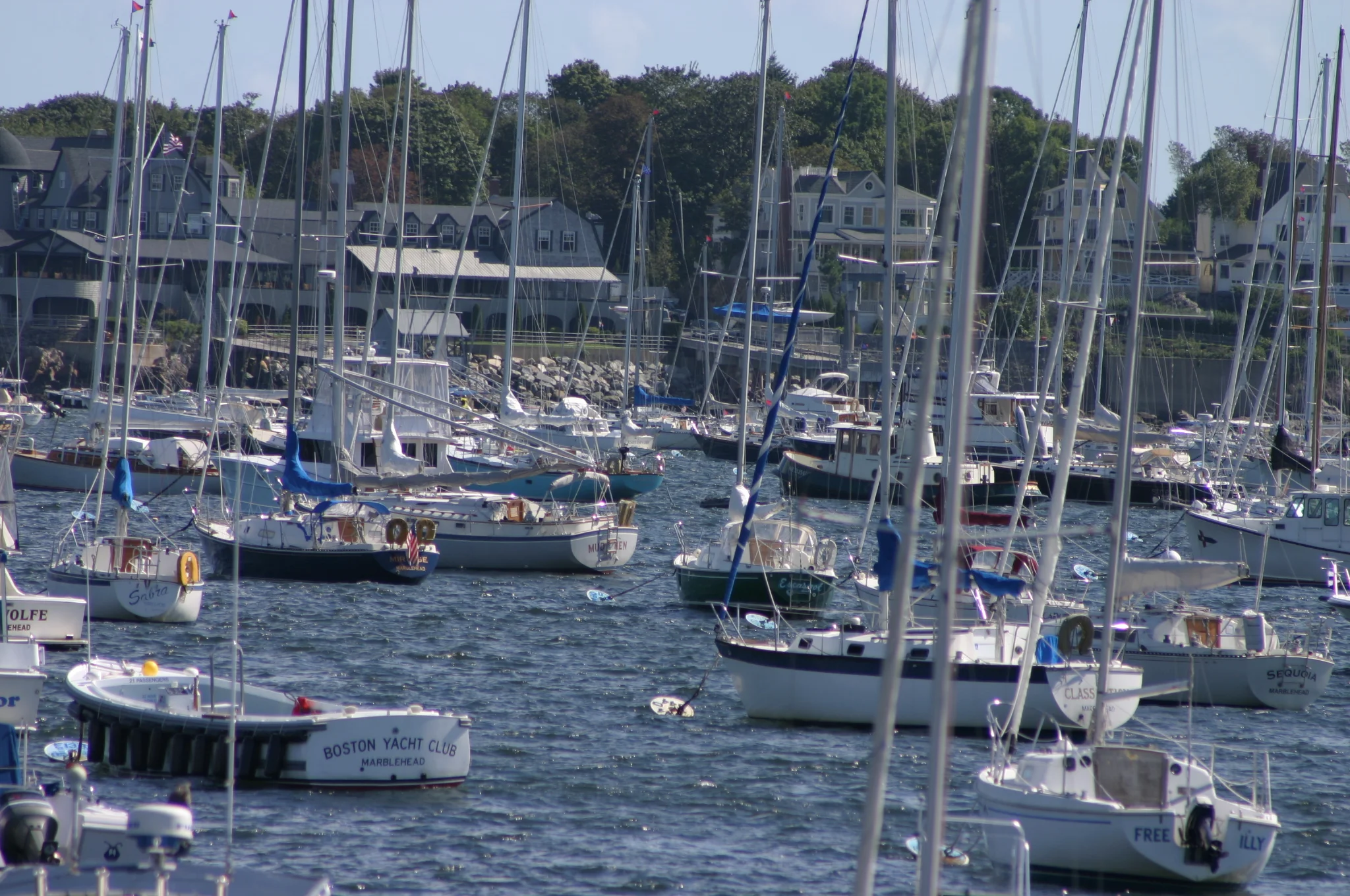Best practices for boaters
Best Practices for Boaters
by Christopher Swain
I/We Pledge:
To educate our fellow boaters and citizens about the threats pollution poses to our waterways, and to support protection and restoration efforts;
To put safety first—accidents can injure people and waterways: Ensure engines, generators, exhaust pipes, and fluids are cool before contacting them, use proper ventilation practices during and after fueling, and have a fully-charged fire extinguisher ready for use;
To pump out sewage into approved receptacles on pumpout boats and at dockside pumpout facilities, and not to discharge sewage into the water;
To dispose of our waste at recycling and trash receptacles on land;
To minimize plastic pollution by refusing single use plastic bottles, stemware and flatware;
To avoid the use of Styrofoam products;
To choose fabric or cloth bags instead of single use plastic bags, which can be mistaken for floating food by fish, sea turtles, and marine mammals;
To prevent balloons from being released into the air, as many balloons settle into oceans and coastal rivers where they can be swallowed by marine life, with often-fatal results;
To avoid the use of antibacterial hand and dish soaps, due to the threat the active ingredient Triclosan poses to marine life;
To choose our cleaning products carefully: avoiding ammonia, lye, sodium hypochlorite, chlorine, phosphates, or petroleum products;
To consider simple, inexpensive non-toxic cleaning solutions like vinegar, baking soda, lemon juice, or salt water rinsing;
To remember that everything that goes down a drain, or onto the ground, or onto a deck, may eventually end up in the water, and to use care to prevent spillage of cleaning products, paints, solvents, fuels, fluids, and varnishes;
To use containment bags when sanding, to tarp the areas between boat and dock, and to sweep up all residual dust and dispose of it properly on land;
To refrain from topping off while fueling to avoid spills, and to keep oil and fuel absorbents within easy reach;
To report all spills to the U.S. Coast Guard National Response Center;
To keep our trailer and tow vehicle tires properly inflated, to reduce fuel use and carbon footprint;
To save aquatic life from entanglement by slicing unwanted rope, cord, fishing line, and packaging into small pieces, and then recycling or disposing of it responsibly on shore;
To use the most ocean-friendly, and energy-efficient propulsion systems available: To sail and row when possible, and, otherwise, to choose four-stroke motors, and high-efficiency diesel engines, and also to explore the use of fuel- electric hybrid engines, and vegetable-based fuel systems;
To avoid the use of zinc anodes and to properly dispose of used anodes on land;
To consider balancing the climate impact of the fuel we burn by purchasing premium carbon offsets;
To remember that every part of a boat and its cargo could end up in the water--or underwater--and to choose our equipment and gear accordingly;
To style ourselves with the ocean in mind, by refusing to purchase coral jewelry, tortoise shell hair accessories, and cosmetics made with shark-derived squalene;
To refrain from catching, purchasing, or eating threatened or endangered species of fish or mammals, including foods and supplements made from shark fins or cartilage;
To patronize vendors and restaurants that offer sustainable seafood choices;
To reduce stress on marine mammals by keeping a safe and legal distance away from them;
To safeguard fragile water habitats such as coral reefs, kelp forests, and sea grass beds, by not approaching them too closely, or anchoring in them, and by reminding other boaters that these resources are easily harmed and can take years to recover;
To support conservation organizations working to protect the coastal and offshore waters we use every day;
To organize, support, and join cleanups designed to remove trash from beaches, riverbanks and shorelines;
To use and enjoy the water regularly, to play in and on and under the water--for enjoyment, but also for glimpses into the state of our fragile waterways;
To give our business to marinas, boatyards, bait shops, charter boat operations, and other marine businesses that are committed to these practices;
To recognize that the waterways we use and enjoy regularly are the ones we will work hardest to protect, and,
To share these principles with our families, friends, co-workers, neighbors, and elected representatives.
Copyright Christopher Swain 2008-2017. All rights reserved.
